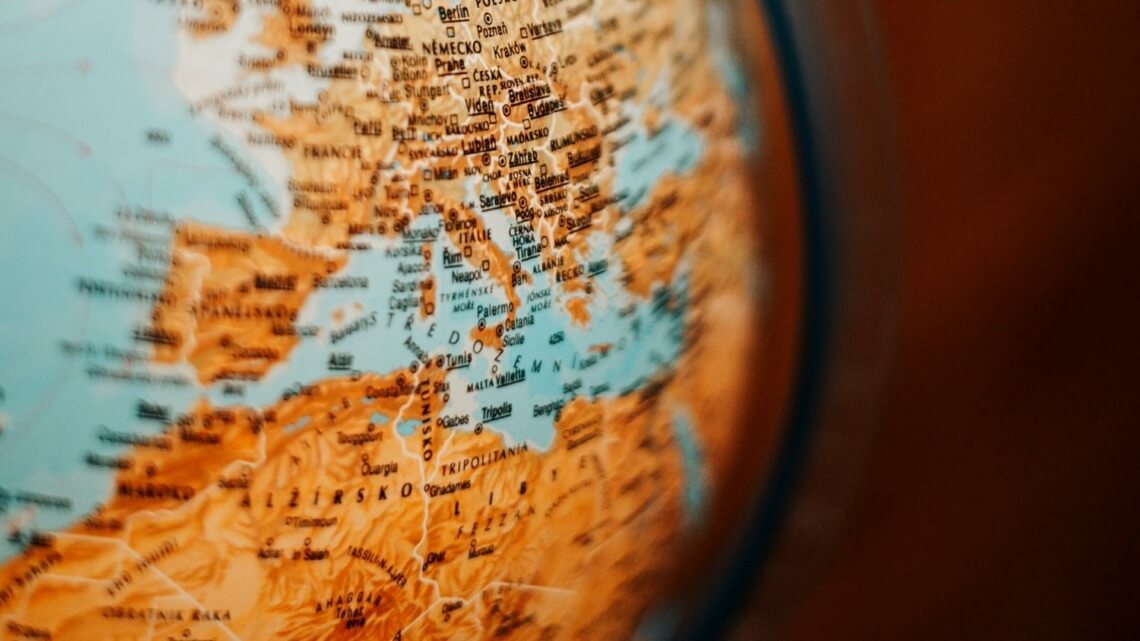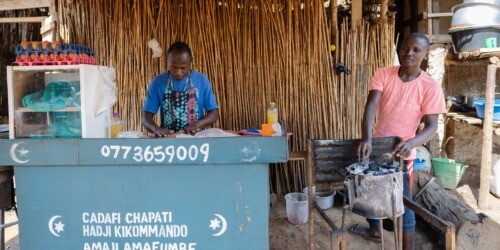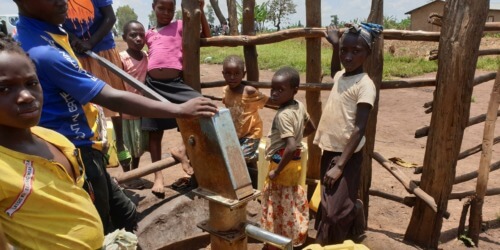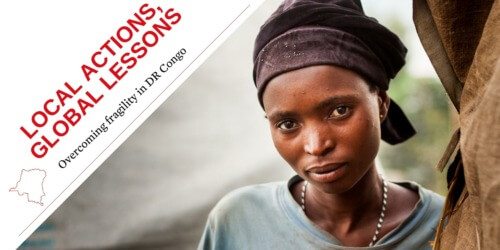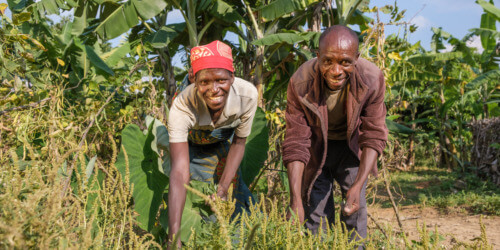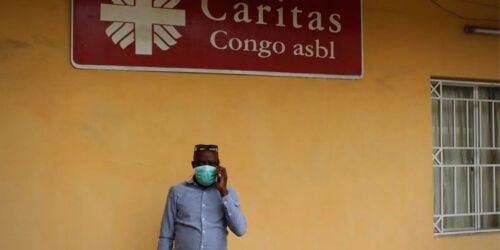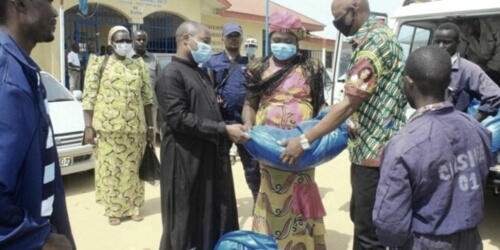“In the future Europe, we want words such as democracy, justice, solidarity and equality to mean something. We want the EU to write a new page of history, one in which human rights are less of a goal and more of a reality” declared Maria Nyman, Caritas Europa Secretary General.

On the occasion of the Human Rights Day [2], Caritas Africa and Caritas Europa [3] urge European Union (EU) leaders to engage in dialogue on human rights violations with their African counterparts in countries with fragile political landscapes, where civil unrest, military coups and economic inequalities are currently occurring. Taking a stronger leadership role does not require reinventing the wheel, the organisations stress, but rather actions that better reflect the EU’s fundamental values and implement existing commitments.
The concrete impact of European policies
As faith-based organisations present at the local level in Africa and Europe, their members, including Caritas International Belgium, witness the concrete impact of EU policies on the lives of people experiencing poverty and exclusion. They know that, in some areas, EU policies are not working for the benefit of the poor and that things need to change. In a recent survey Caritas Europa conducted on the Conference on the Future of Europe [3], member organisations made constant demands for the EU’s external action to be more coherent with its fundamental values.
“Caritas stands by European principles of human dignity, freedom, democracy, equality, the rule of law and respect for human rights, and we want the EU’s external action to do the same, by taking care of the needs of the current and future generations” insisted Albert Mashika, Executive Secretary of Caritas Africa
Making decisions guided by human rights
Both regional Caritas regret that some of the current EU policies contribute to persisting forms of injustice and are guided by a profit-based economic model functioning at the expense of the environment, human dignity and the rights of the local communities in the global South.
In their view, for the EU’s external action to serve people inside and outside Europe, the first thing needed is humility. It is crucial that EU decision-makers acknowledge the negative impact that Europe has had and continues to have in other regions, and takes responsibility for addressing structural problems causing poverty, inequalities, human rights violations, climate disasters and forced displacement.
A human-centred economy
In some areas, the need for political will to genuinely address systemic issues is more evident. Caritas Europa and Caritas Africa see a particular urgency in the need for fairer trade policies and in the implementation of principles of social responsibility and human rights due diligence in the collaboration with the private sector, so as to eradicate exploitative practices, to respond to the rights and to the needs of local populations and to better contribute to a human-centred economy. The European and African Caritas also see an urgent need to reduce arms exports and to end collaboration with dictatorships and governments with problematic human rights records. In other areas, there are already opportunities for the EU to play a stronger global role. For example, the external dimension of the new EU Social Economy Action Plan, if implemented with ambition, can be a powerful tool to reduce exploitative practices and to enhance support to businesses that make positive social and environmental contributions to society.

Opportunities not to be missed
That said, Caritas Europa and Caritas Africa are also concerned about some opportunities not being on the right track. The new EU-Africa partnership , for example, is meant to take a people-centred approach, but some priorities proposed in the recent AU-EU Ministerial meeting fail to do so. Concrete ambitious actions to expand safe and regular pathways for migration and mobility, as well as to enhance the role of civil society in peace efforts, are some of the actions required for a true people-centred, human rights-based approach, but which were missing in the AU-EU joint communiqué.
Ahead of the 6th AU-EU Summit taking place next year, we urge EU and African leaders to agree on a new partnership framework that enables the EU to play a more meaningful and constructive role in promoting human rights globally.
For more information, please contact:
In Caritas Africa
Lucy Esipila
Policy and Advocacy Officer
Tel: +254 729 761328
lucy.esipila@caritas-africa.org
In Caritas Europa
Luísa Fondello
International Cooperation Officer
Tel: +32 (0)2 235 03 93
lfondello@caritas.eu










